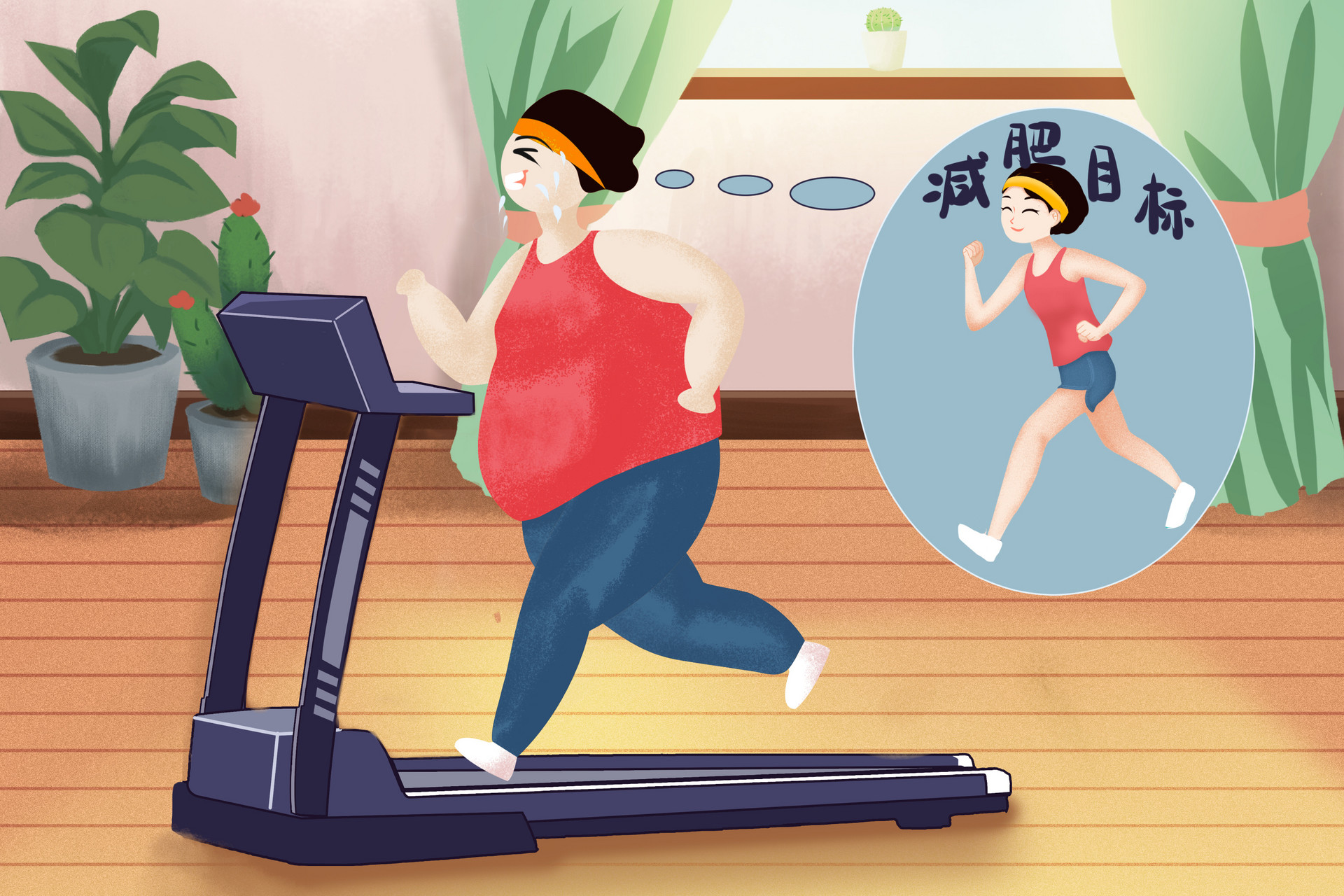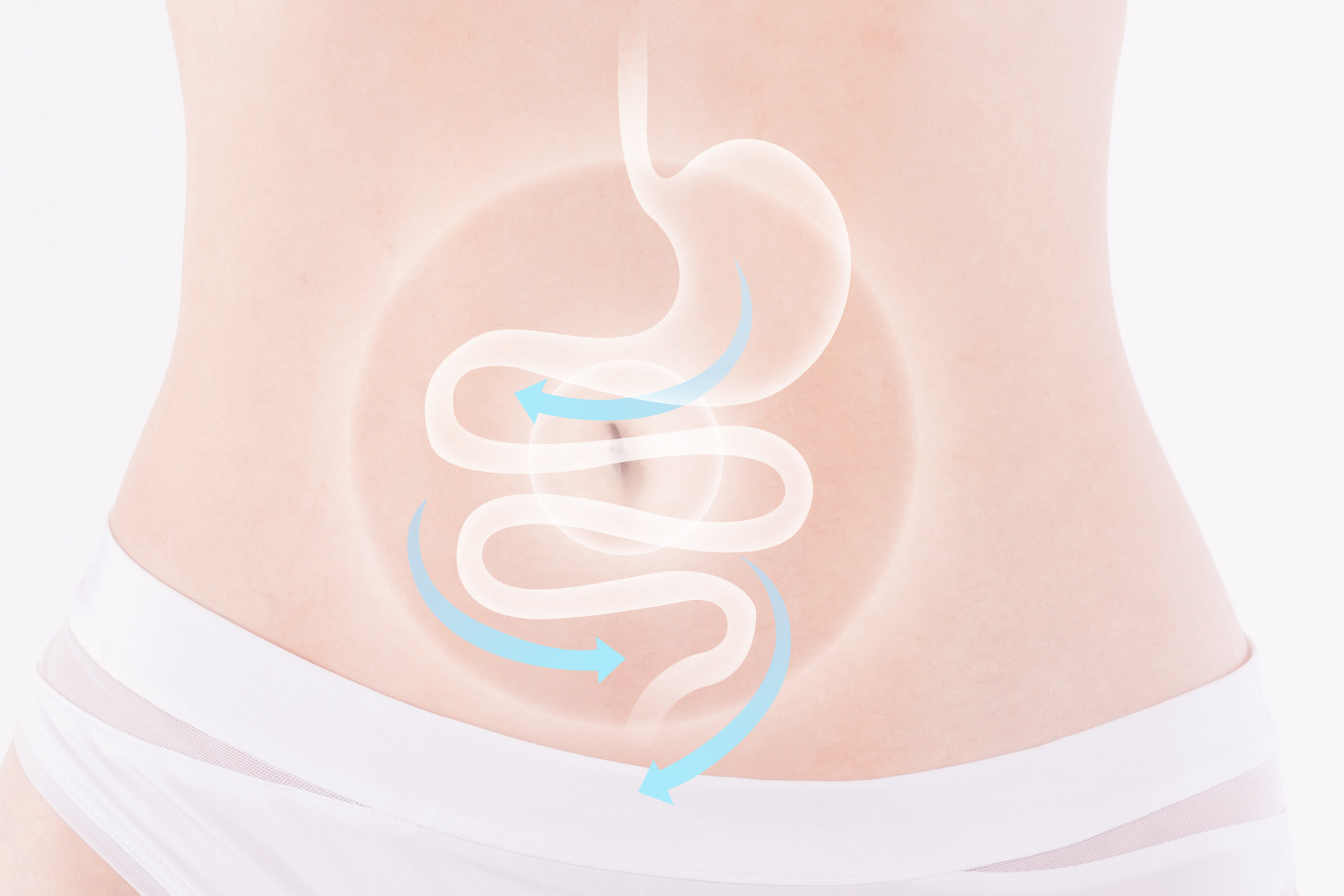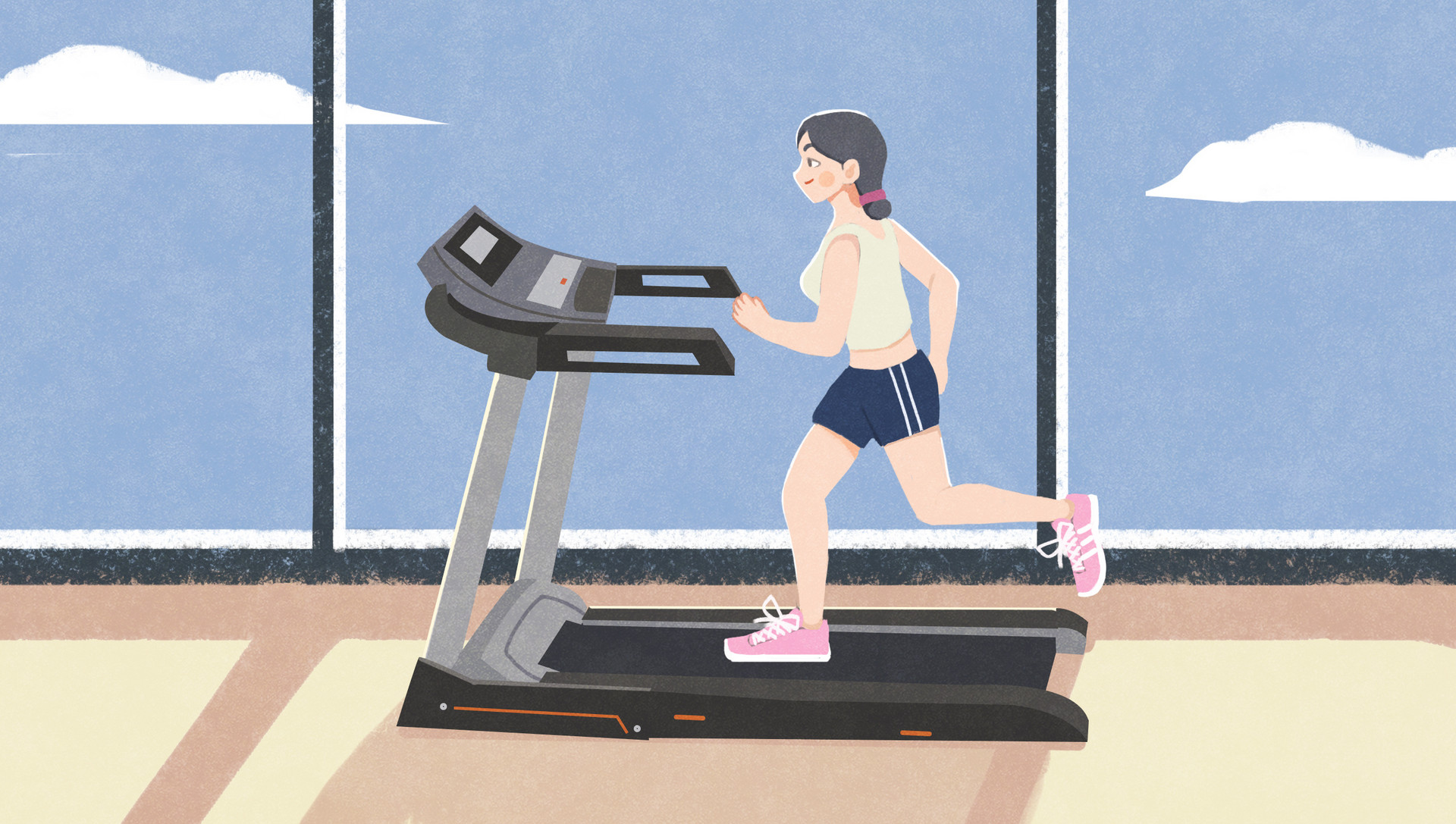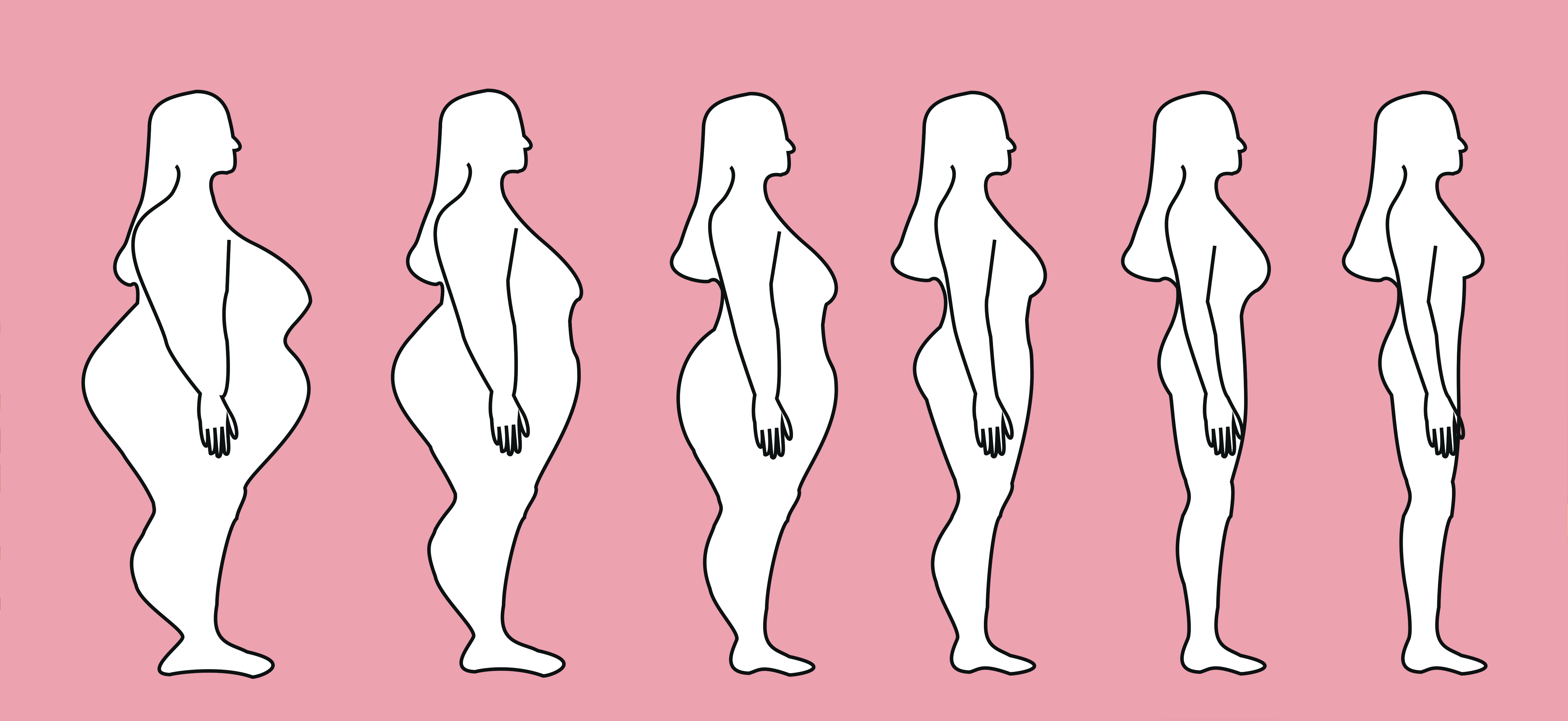Summer is the peak season for fruit consumption, and many women who love beauty believe that "eating only fruit three times a day is a win-win situation for body shaping and beauty." However, this is incorrect. Medical experts point out that fruit consumption should be moderate. From a nutritional perspective, the body's various basic nutritional needs, such as carbohydrates, minerals, and proteins, cannot be met by relying solely on fruit. Relying on a "fruit-based" diet for a long time can have adverse effects on the body's endocrine system, digestive system, immune system, etc. Most fruits are rich in sugar, and long-term excessive consumption can also hinder weight loss efforts.
In addition, the most important thing before eating fruit is disinfection and cleaning. Grapes, strawberries, bayberries, and other fruits often have pesticide residues on their skin. Accidental ingestion can lead to organophosphate poisoning, manifested as headaches, dizziness, nausea, vomiting, and in severe cases, excessive salivation and diarrhea. To effectively prevent this, besides thoroughly cleaning the fruit with running water, it should also be soaked in clean water for at least half an hour.
"Special groups" should follow medical advice when eating fruit. Patients with diabetes or prediabetes should pay attention to the sweetness, consumption time, and amount of fruit. Eating one or two slices of watermelon, half a peach, or five or six strawberries, and consuming them one and a half to two hours after a meal can satisfy cravings while maintaining health. Pregnant women should avoid eating "ice" fruits as the low temperature can often stimulate the gastrointestinal tract and cause diarrhea, which can lead to premature birth. According to traditional Chinese medicine, lychee is considered a warm food, and excessive consumption can lead to constipation, toothache, facial acne, and mouth ulcers. Therefore, people with a tendency towards excessive internal heat should avoid eating it.









